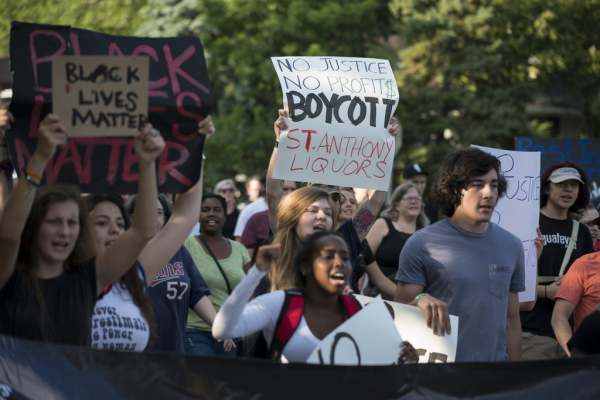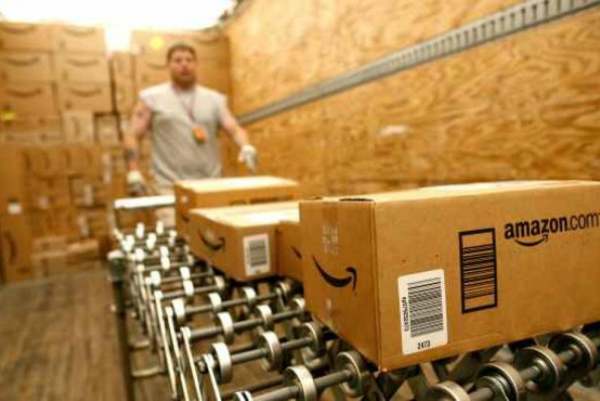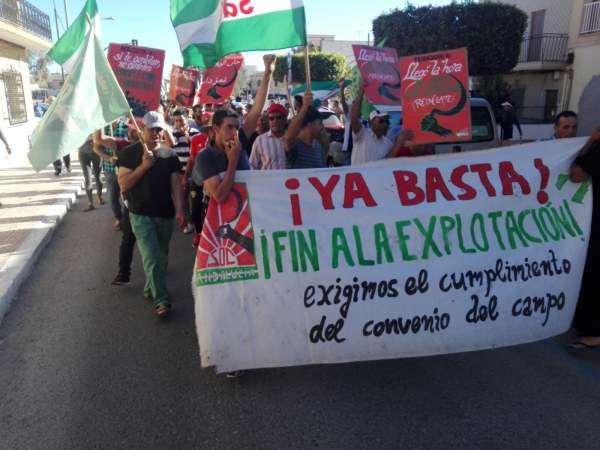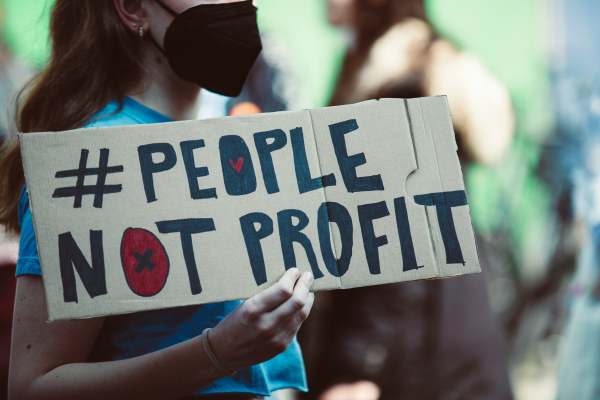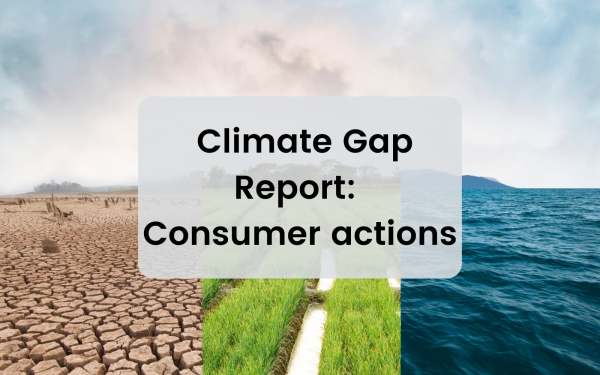Using your purchasing power complements other forms of action. Alongside our readers, we campaign in different ways on various ethical issues. We currently:
- Run a boycott of Amazon.com due to their tax avoidance and maintain the world's most comprehensive list of active, progressive boycotts
- Collaborate on The Lush Prize, Lush Spring Prize, Fair Tax Foundation and Save Our Bank
- Most of our shopping guides also contain details of campaigns that need your support.
Our campaigns
